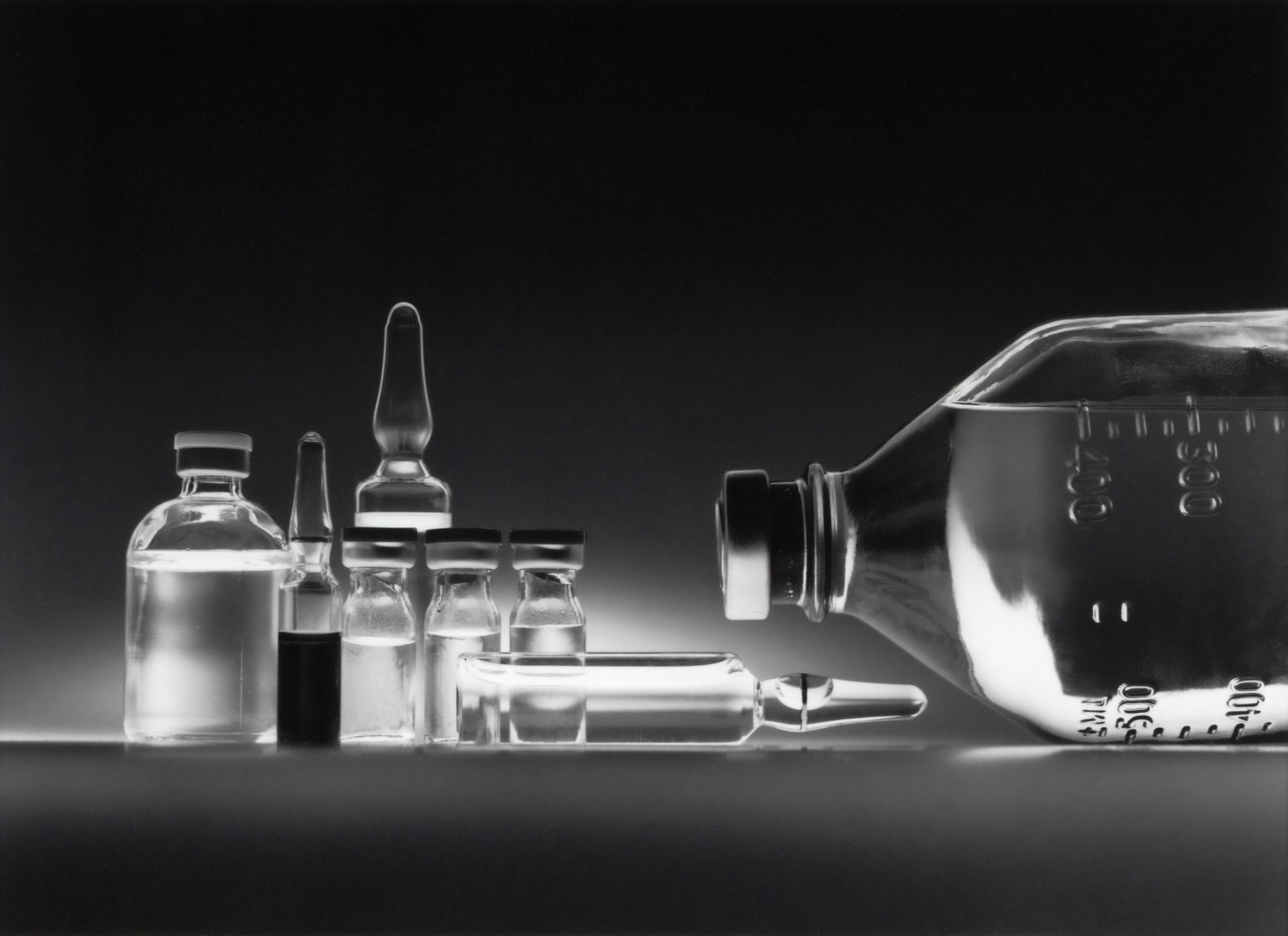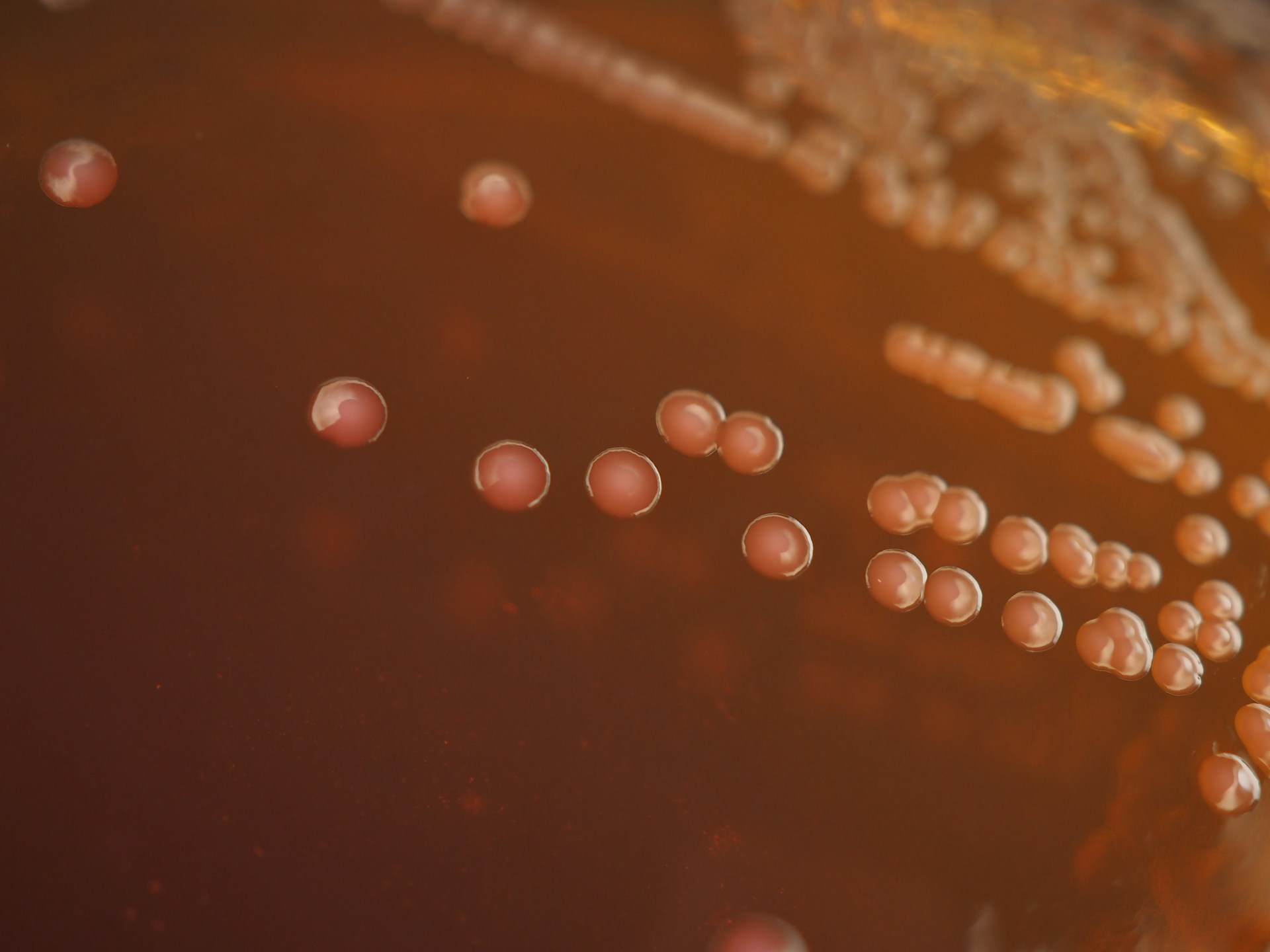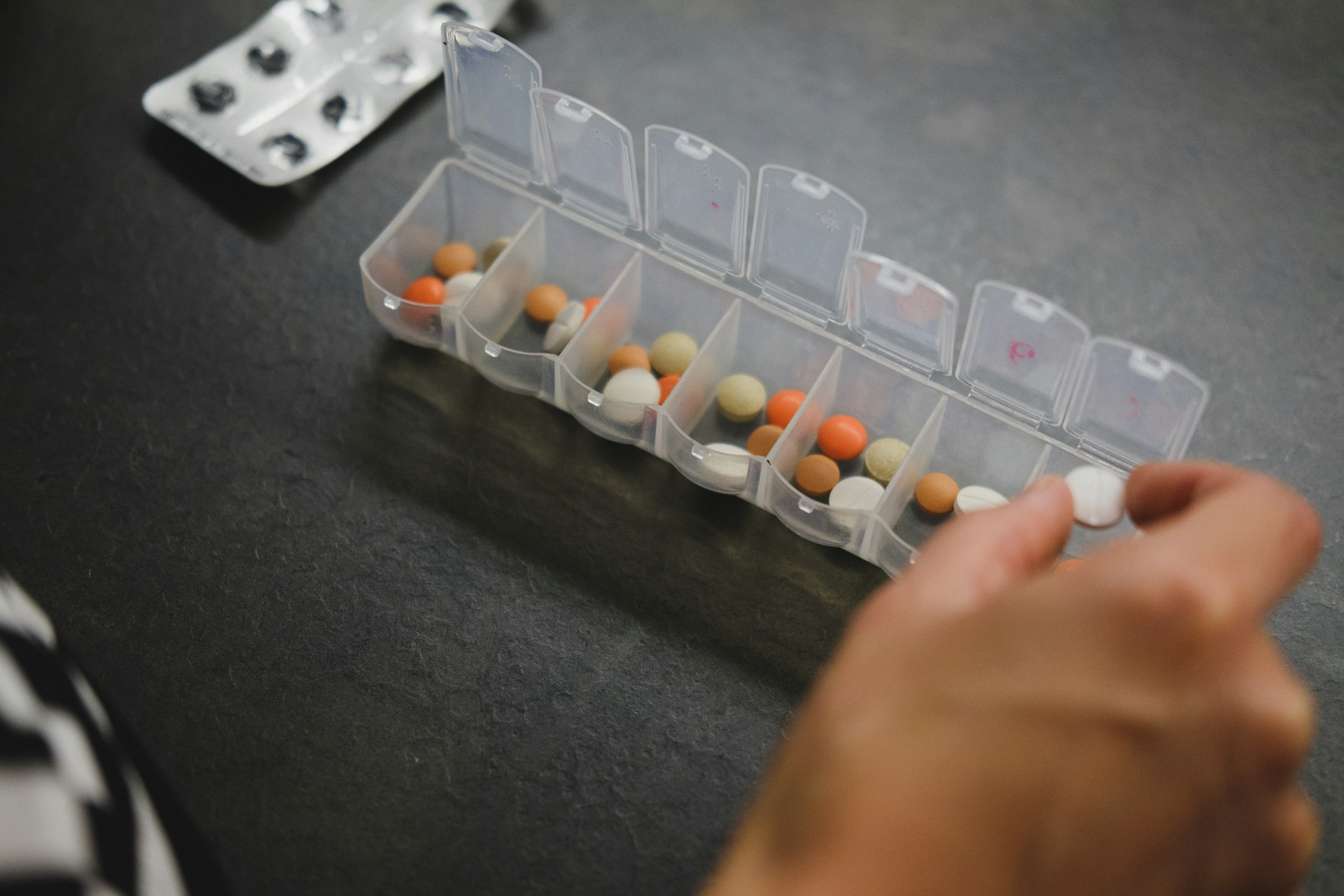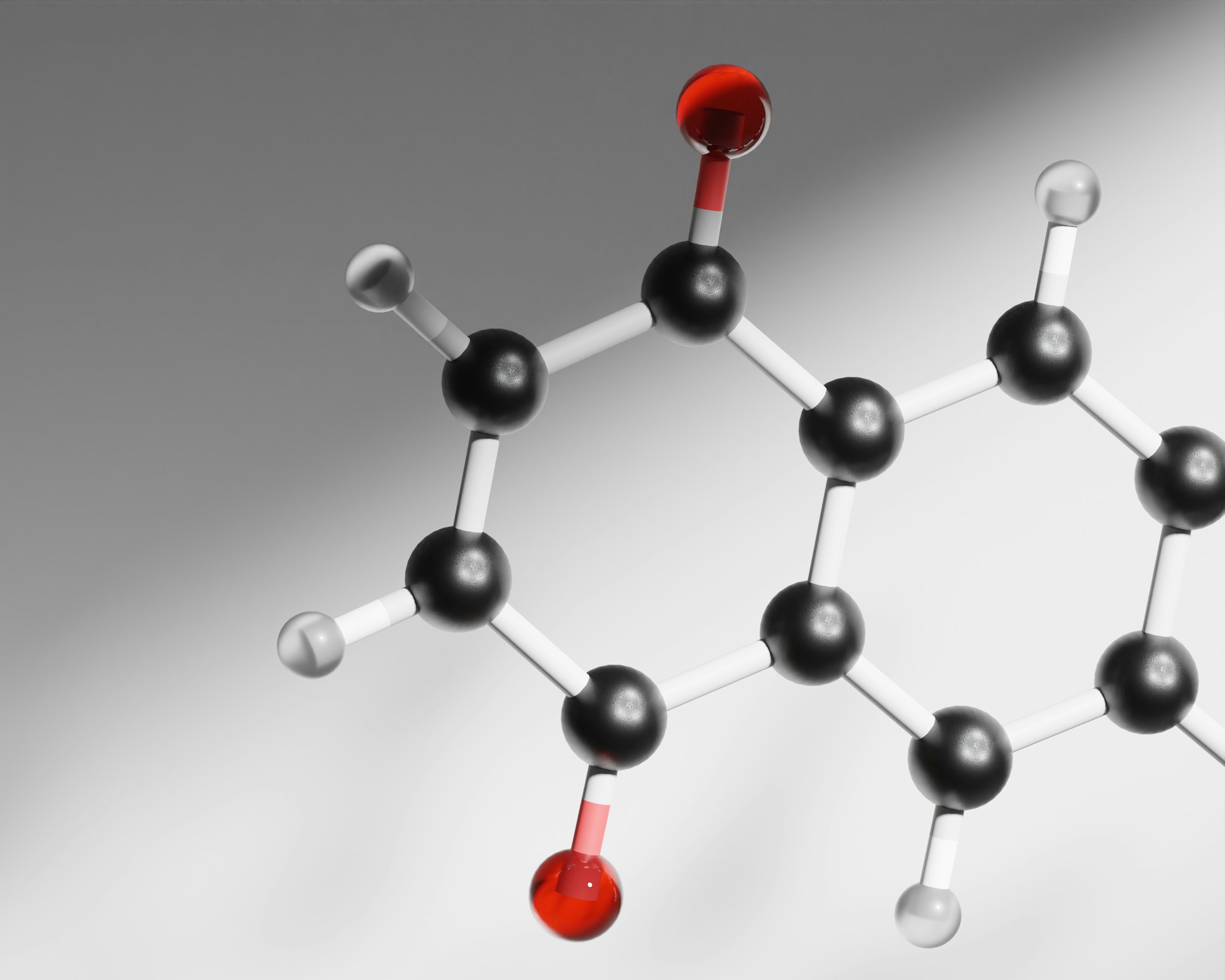By Karen Heathcote
We’ve seen and heard plenty about vaccines over the last couple of years, with news outlets all over the world proudly showing images of people receiving their COVID-19 vaccination jabs. However, a new vaccine that is about to enter its next phase of trials in Oxford won’t be administered as an injection but instead as a drink.
The Oxford Vaccine Group (OVG) is currently recruiting volunteers to take part in a study for an oral vaccine against Salmonella Paratyphi A. The Salmonella family of bacteria are better known for causing food poisoning but two members, Paratyphi A (Paratyphoid) and Typhi (Typhoid), instead cause potentially fatal Enteric fever. Routine vaccines against Typhoid exist, which accounts for about three quarters of the approximately 14.3 million cases of Enteric fever that occur globally every year. Conversely, an effective vaccine against Paratyphoid (responsible for around 3.3 million global cases per year) does not exist.
The vaccine that the OVG are trialling was developed by the University of Maryland in the USA. It is a ‘live’ vaccine, containing a form of Salmonella Paratyphi A which has been genetically modified to weaken it enough to stimulate an immune response without causing disease. This is administered to patients in a drinkable solution of bicarbonate of soda, instead of as an injection. Phase I trials in the USA on 30 healthy humans have shown that it is safe enough to be taken forward into the next set of trials.
The Oxford Vaccine Group (OVG) is currently recruiting volunteers to take part in a study for an oral vaccine against Salmonella Paratyphi A.
The trials that will be happening in Oxford are human ‘challenge’ trials. After being given the vaccine (or a placebo drink) participants will be exposed to disease-causing bacteria. This may seem daunting, but the OVG has safely conducted studies like this on over 400 people since 2011. Everyone involved in the study will be closely watched and will be treated with antibiotics if they show any signs of infection or will otherwise receive treatment at the end of the observation period.
This study will not only help to confirm that the vaccine is safe, but also whether it is effective at preventing infection after being exposed to the bacteria. These kinds of studies are incredibly useful for looking at the effectiveness of a vaccine against the disease in a safe and controlled environment.
While most of us are used to receiving our vaccines as jabs in the arm, oral vaccines aren’t new. The NHS gives babies an oral vaccine against rotavirus (a nasty and very infectious stomach bug) and one of the first vaccines developed against polio was the Sabin vaccine, administered as a drop on a sugar cube. There is even an oral vaccine against COVID-19 in development in the UK.
This study will not only help to confirm that the vaccine is safe, but also whether it is effective at preventing infection after being exposed to the bacteria.
Oral vaccination presents challenges, including the vaccine needing to survive an acidic stomach environment and bypass enzymes in our gastrointestinal tract designed to break down proteins. However, once an effective oral vaccine is found, they are much easier to distribute than traditional injections and can potentially establish broader and longer-lasting protection against disease. This is particularly important for diseases affecting developing countries, where the use oral vaccines can offer a much more cost-effective and less labour-intensive vaccine program. The Paratyphoid oral vaccine and potential future oral vaccine developments may be key in reducing the number of vaccine-preventable deaths across the globe.
References
University of Oxford News, 9th March 2022. Available at: https://www.ox.ac.uk/news/2022-03-09-oral-paratyphoid-vaccine-begin-human-trials
Oxford Vaccine group, 15th February 2022. Available at: https://trials.ovg.ox.ac.uk/trials/vasp
NHS online, Rotavirus vaccine overview. Available at: https://www.nhs.uk/conditions/vaccinations/rotavirus-vaccine/
Royal Society of Biology, Why an oral vaccine could be key to fighting COVID-19. Available at: https://www.rsb.org.uk/biologist-covid-19/why-an-oral-vaccine-could-be-key-to-fighting-covid-19
Ramirez, Julia E. Vela, Lindsey A. Sharpe, and Nicholas A. Peppas. “Current state and challenges in developing oral vaccines.” Advanced drug delivery reviews 114 (2017): 116-131. Available at: https://doi.org/10.1016/j.addr.2017.04.008





